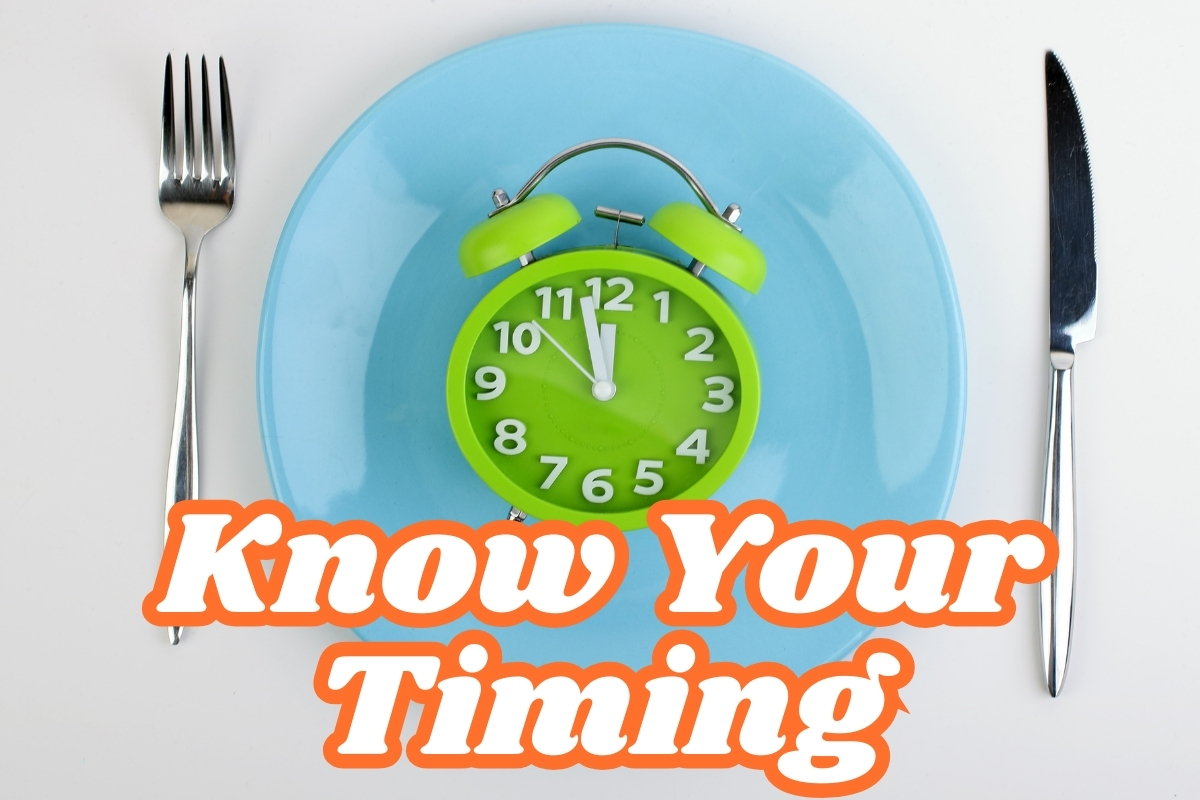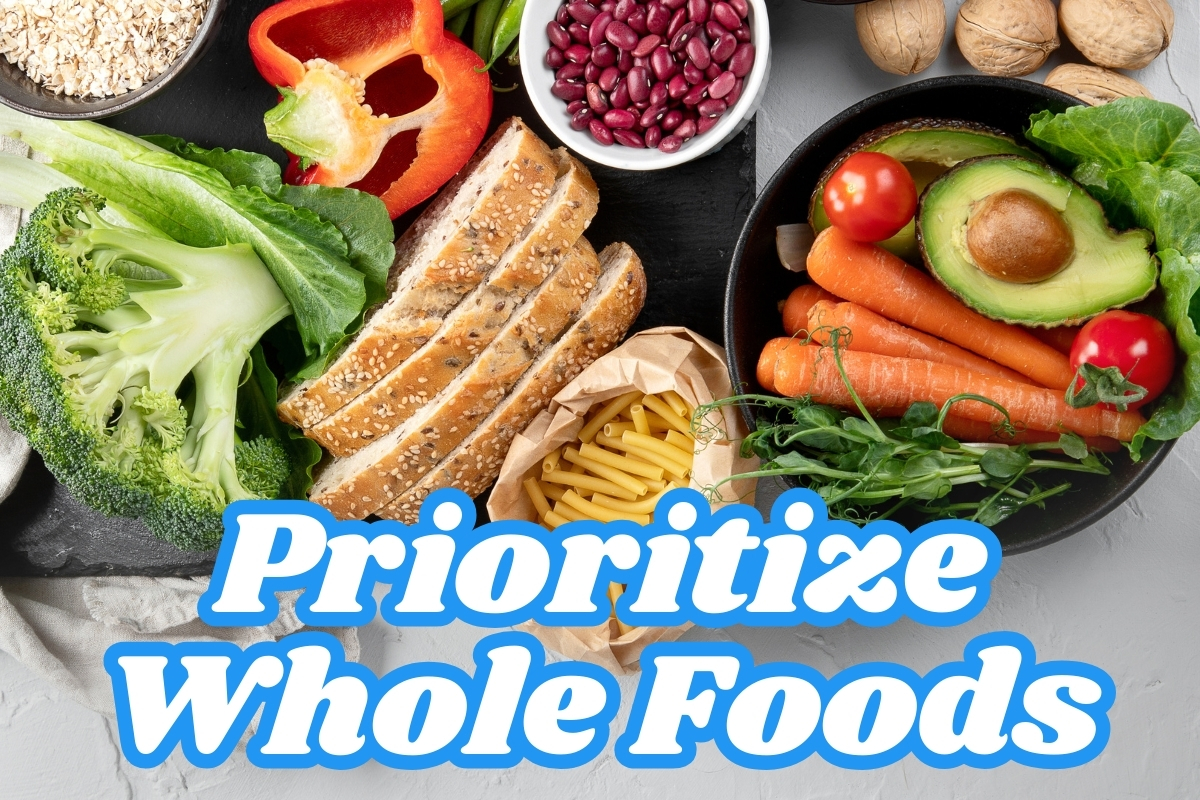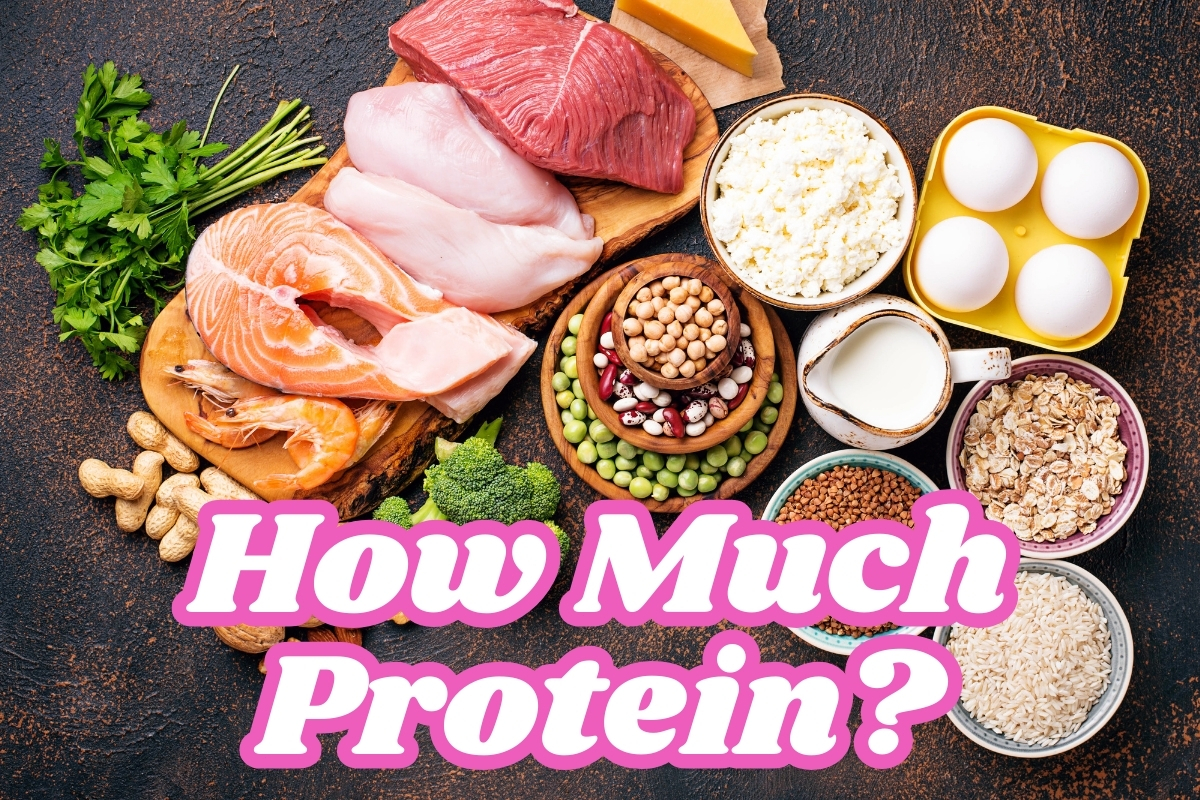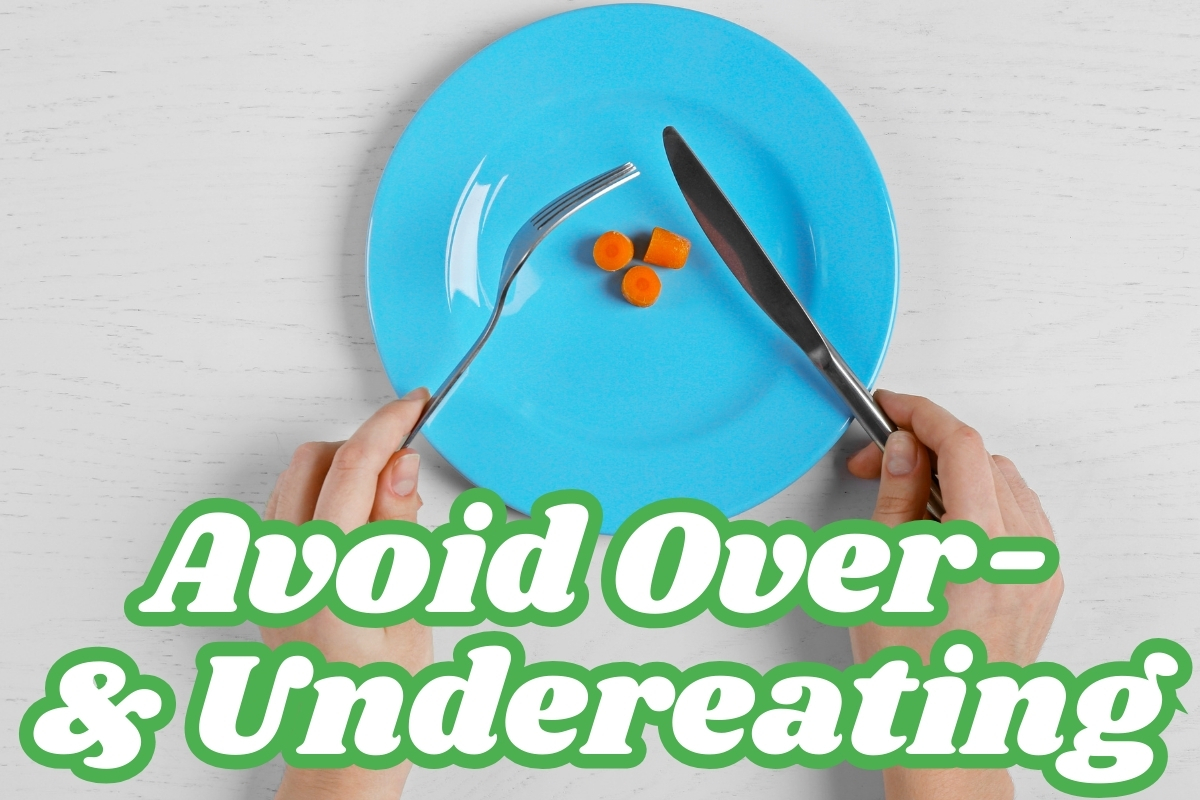
Why Pre and Post-Workout Nutrition Matters
Do you ever wonder if a snack before your online class is actually necessary, or what you should be eating right after a strong workout session?
Over the years I’ve learned just how much thoughtful nutrition supports energy, strength, and healthy aging – especially for us active folks over 50.
With so much conflicting advice out there, it can feel tricky to know what’s right. So let’s break down when eating before or after exercise is helpful, and which whole foods make the most difference – without falling into the trap of overeating or relying on supplements or processed snack bars.

1. Know Your Timing and Needs
Eating before a workout isn’t always necessary; if the session is light or less than 60 minutes you may feel fine without a snack – especially if your last meal was recent. But for more intense or longer workouts, fuelling up about one to four hours in advance helps sustain energy. Think a small meal two hours before, or a lighter snack (banana with almonds, whole-grain toast with nut butter) 30-60 minutes prior.

2. Prioritize Whole Foods
Focus on complex carbohydrates (like oats, brown rice, or sweet potatoes) and moderate protein (lean meats, eggs, tofu, or yogurt) before activity. After your workout, replenish with a mix of carbs and protein. Try turkey on whole-grain bread, cottage cheese with fruit, or roasted chicken with quinoa and veggies. Whole foods deliver vitamins, minerals, antioxidants, and fibre that support strength, energy, and recovery far better than ultra-processed bars or shakes.

3. Protein: How Much Is Enough?
Research shows adults over 50 may require more protein post-workout to maximize muscle repair and gains. Spread it out through the day. For example, eggs and whole-grain toast at breakfast, lean fish or beans at lunch, and poultry or tempeh with dinner.

4. Avoid Overeating or Undereating
It’s easy to overdo food, thinking it’ll boost energy, or to skip eating for fear of “extra” calories. Balance is key. Eat enough to satisfy, but structure meals around workouts to avoid feeling sluggish or deprived. Hydration matters too; drink water before, during, and after exercise to support performance and recovery.
Small Tweaks, Big Difference
Eating smart before and after workouts isn’t about complicated “hacks”—it’s about consistent, nourishing choices with whole foods and good timing. Focus on real ingredients, prioritize protein after exercise, and match your nutrition to your activity level. These small shifts can really amplify your gains and help you feel energized for every class, every walk, and every day.
Want to know more about today’s topic? Do you have a suggestion for future posts? Leave a comment below – I’d love to hear from you!



0 Comments